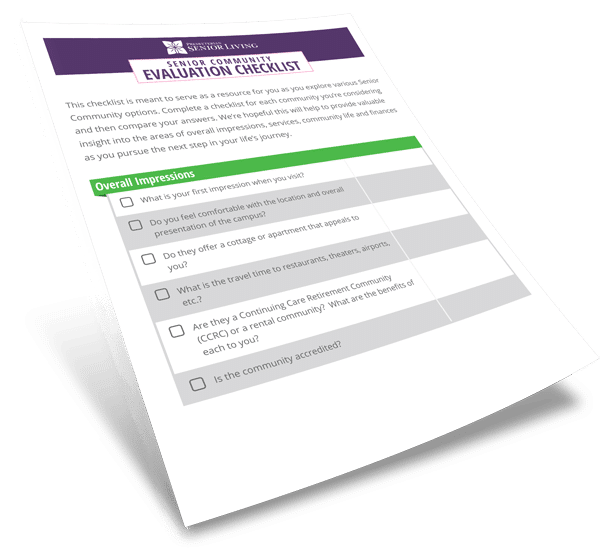Giving voice to the topics that mean the most to those who matter the most.
Your grandma is hot. And she's not the only hot grandma out there. Heat waves all over the country place older individuals - regardless of living situation - in harm’s way each and every summer. In fact, according to a study by Harvard School of Public Health, it only takes an increase of 1.8 degrees to cause a rise in death rates for older adults who have a chronic health condition. This means, even a small increase in temperature can put your loved one in danger. A heat wave is defined as an extended period of excessive heat, most often 10 degrees above average, along with stifling humidity.
Share
As your senior years appear closer upon the horizon, you might be wondering what this time in your life is going to look like. Is it time to make some lifestyle changes? Is it time to move to another local area or move to another state? Do you have a favorite vacation destination you could call home? Should you consider senior living communities? Will your finances support your aging lifestyle? Of course, you don’t want these years to involve loneliness or lack of direction - they should be the best years of your life. To ensure this happens, it's recommended to take control of your senior years and plan out your future ahead of time.
Share

Subscribe to the Presbyterian Senior Living blog and receive our free Community Evaluation Checklist to ensure you ask what’s most important to you.
If you care for a senior with cognitive impairment, you may have heard several names for the condition — including dementia, delirium and Alzheimer’s disease. But the truth is that the three terms are not interchangeable, and correct diagnosis is critical for ensuring proper medical care.
Share
Older adults are often hesitant to embrace new technology; usually because they don’t know how to properly use it, and they aren't sure what benefits they'll get from it. However, by educating them about the benefits of new technology, you can show them how it can enhance their lives. This in turn will help them see technology for the helpful tool it is, instead of fearing or avoiding it because of lack of education.
Share
“ Your Very Best Day” is the heartfelt promotional statement for our Adult Day Program services, and with good reason. The Adult Day Program at Westminster Village in Allentown, PA, is offered five days a week, providing a stimulating social atmosphere for people who need additional structure to remain active and independent, or individuals with memory loss due to Alzheimer’s Disease or other forms of Memory Impairment. The program includes full personal care day services with a Licensed Practical Nurse, trained Adult Day Program Assistants, and an Executive Director who oversees the daily operation of the program.
Share
A senior stands still while his date pins his boutonniere to his tuxedo. He has been practicing his dance moves and had his hair cut just today for the big day. His date looks stunning in a gold gown, corsage on her wrist. Soon, dinner will begin, followed by the Grand March and then dancing into the night.
Share